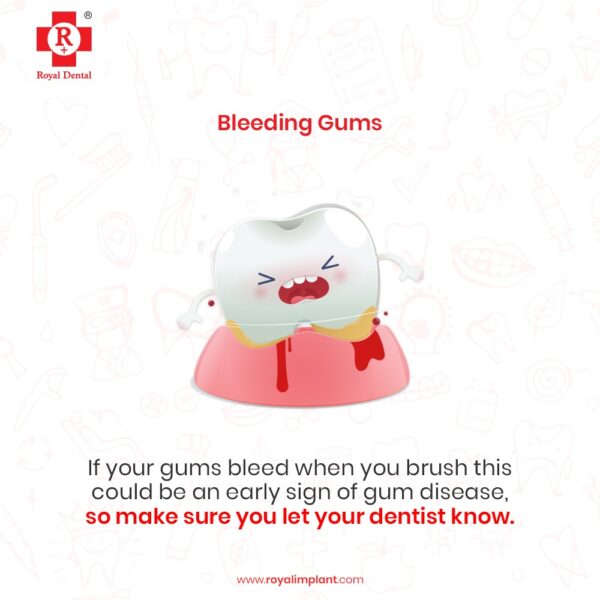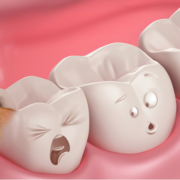When you think of your gums, you might think about them as the soft tissue around your teeth and not much else. However, the gums or periodontal tissues are a lot more than meets the eye. In fact, they play a major role in your oral health. If you have ever heard of gum disease before, it is probably because that’s what causes it. It is also referred to as periodontal disease because it affects the gums and not just the surface of your teeth. The condition is caused by bacteria that build up on your teeth and gums. These bacteria are normally found in small amounts, but when there is too much of them in one place, bad things happen. The technical details of how this happens are explained here!
What causes gum disease?
The main cause of gum disease is bacteria. These are found in your mouth, but in small amounts. When you have too much of these bacteria in one area, they can build up and cause problems. This is the start of gum disease. You are more likely to get gum disease if you: The bacteria that cause gum disease are different from the bacteria that cause tooth decay. Tooth decay will cause symptoms earlier than gum disease. Gum disease is a slow process. It takes time to develop, and signs of it may not be noticeable until it has become quite advanced.
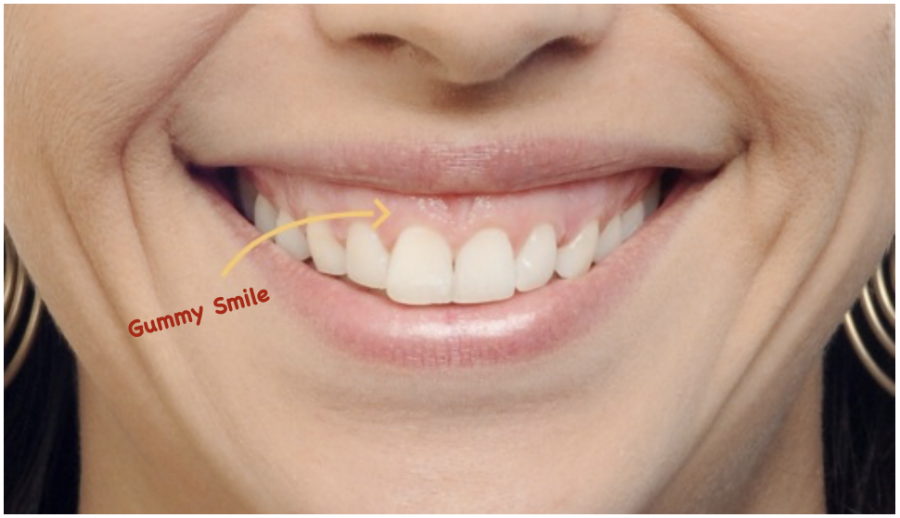
How does gum disease develop?
Gum disease starts when bacteria that are normally present in your mouth build up and collect around your teeth and gums. These bacteria can cause an infection of your gums resulting in swelling, pain, and an increase in the flow of blood to the area. In time, the harmful bacteria can eat away at the soft tissue and bone around your teeth, forming gum pockets that allow even more bacteria to collect in your mouth.
The Gum disease can occur at any age, but it is more common in older adults and in people who take medications that suppress their immune systems. Gum disease can also occur in people who have a genetic predisposition towards it. Gum disease is often referred to as “chronic” because one can never be completely rid of it. It is a disease that is present in everyone to some extent, although it can be controlled and kept at bay with proper oral hygiene and regular dental care.
Gum inflammation and tissue damage
When you have gum disease, your gums become irritated and inflamed. This is usually because of bacterial infections, but the gums can become inflamed for other reasons such as allergies to certain foods or a reaction to certain types of toothpaste. Gum inflammation can result in the loss of the tissue around your teeth – this is called periodontal disease. This can lead to the loosening and eventual loss of teeth.
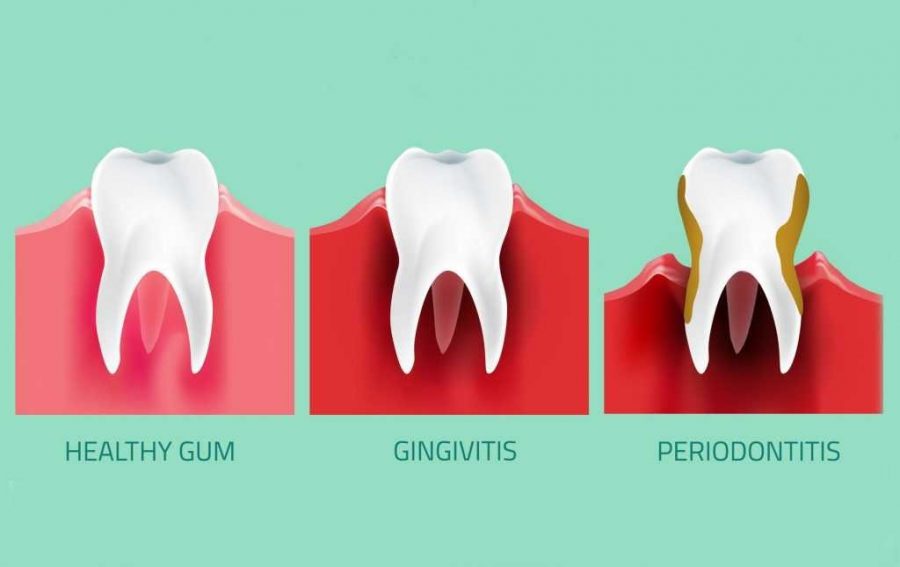
Gum inflammation and periodontal disease are both caused by harmful bacteria in your mouth, which are found in small amounts in everyone. When there is too much of this bacteria in one place, it can lead to gum disease. A person can have unhealthy gums without experiencing any symptoms. The only way to know is to see your dentist and hygienist regularly.
Recession of the gums
As bacteria eat away at your gums, they can cause them to recede and pull away from your teeth. This is called gum recession. Gum recession is often a sign of very advanced gum disease. It can lead to the roots of your teeth becoming exposed and susceptible to decay and other types of dental issues.

Gum recession occurs when your gums are not strong enough to stay firmly attached to your teeth. This can happen as a result of gum disease and other factors. Gum recession can be treated by carefully removing the affected gum tissue and then using a type of dental filling called a root-sparing filling to replace the missing portion of gum tissue.
Loss of bone around your teeth
Bacteria can also eat away the bone around your teeth, which helps to support your teeth and maintain their shape. In the early stages of gum disease, the bacteria are found in the gum tissues surrounding your teeth. This can lead to your gum tissues becoming swollen and inflamed. When gum disease becomes more severe, the bacteria can break through the cementum (the outer coating) of your teeth and enter the underlying bone. As the bacteria eat away at the bone, the teeth become looser.
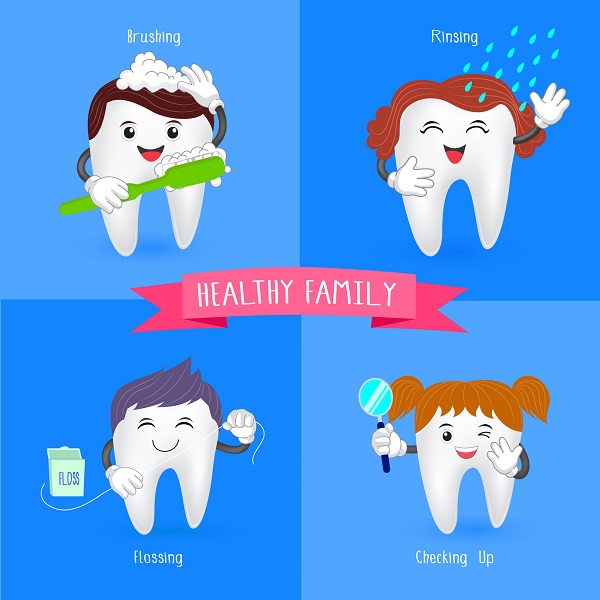
Oral decay and loss of teeth
If the bacteria continue to eat away at the bone around the teeth, they can get to the pulp of the tooth. Bacteria can then move through the roots of your teeth and into your bloodstream. This can cause general signs of infection, like fever and muscle aches. The bacteria can also get trapped in the bone around your teeth and cause an abscess. If the infection is not treated in time, it can lead to the loss of your teeth.
Conclusion
This is a serious and common condition that can lead to tooth loss if left unchecked. If you are experiencing any of the symptoms, it is important to schedule a visit with your dentist as soon as possible. Early detection and treatment of gum disease can help to prevent more serious issues from developing in the future.

